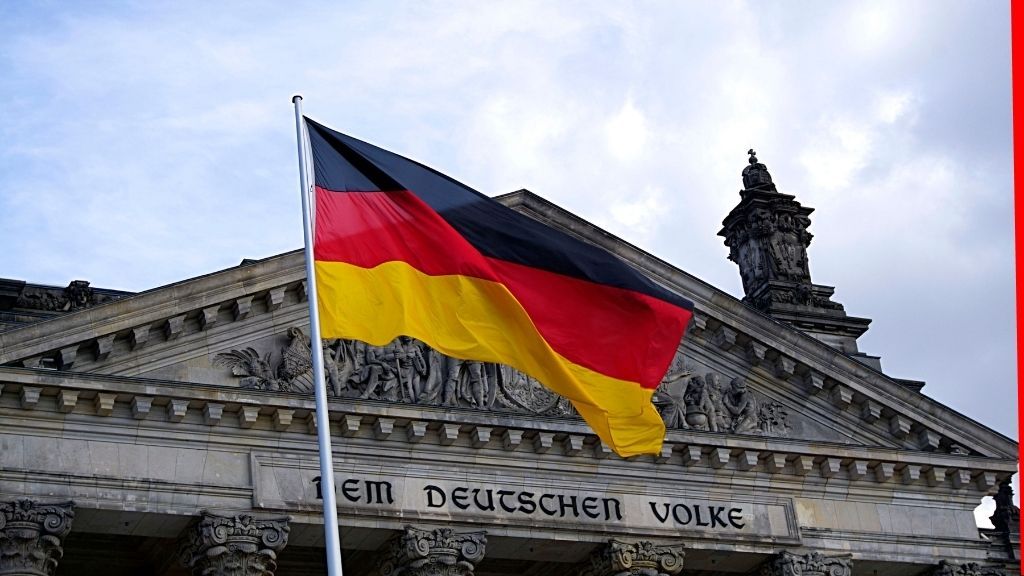
The Gemeinsame Glücksspielbehörde der Länder (GGL), the German central authority for coordinating online gambling regulations, has based its strategy on strong collaboration with key stakeholders across the country. In a recent meeting held on November 7, representatives from the GGL met with the state coordinators to discuss the ongoing efforts to improve gambling addiction prevention and refine regulatory frameworks.
The GGL declares that its approach to regulating the gambling industry is rooted in a continuous dialogue that involves not only industry representatives but also prevention organisations and institutions. The aim is to integrate the perspectives and expertise of various stakeholders into the regulation of online gambling and the evaluation of the State Treaty on Gambling (Glücksspielstaatsvertrag). By maintaining a strong focus on prevention, the GGL seeks to improve its understanding of the challenges posed by online gambling and evaluate its regulatory measures as the enforcing authority.
One of the central topics of the meeting was the exchange of experiences and insights regarding gambling addiction prevention, especially in relation to online sports betting and slot gaming. Experts shared their observations on the different risk profiles of these groups, focusing on whether specific types of live sports betting are more frequently used by at-risk individuals. These insights are crucial for the development of targeted prevention strategies that address the unique needs of these vulnerable populations.
Another key point discussed was the creation of standards for the automated early detection of gambling addiction. Identifying these behaviours is not without challenges, as individuals may develop problematic gambling patterns in diverse ways, explains the GGL. This makes it difficult to establish reliable and universal detection models. Implementing such systems requires a collaborative effort between gambling operators, research institutions, and regulatory bodies.
The GGL has already developed its own “Markers of Harm,” specific indicators that help identify problematic or addictive gambling behaviours. These markers are especially important in tracking behaviours linked to increased deposit limits and are required to be applied by gambling operators. The GGL shared how these markers are continually evaluated and refined based on scientific studies and its own addiction expertise, ensuring that they contribute effectively to early intervention and player protection.
During the exchange, state coordinators from various regions offered valuable feedback on the practical applications of these harm indicators in their local prevention work. The GGL and state coordinators both agreed on the importance of a regular, constructive dialogue to ensure that insights from the field are incorporated into the continuous development of legal regulations. This ongoing collaboration will help strengthen gambling addiction prevention efforts across Germany.
As part of the GGL’s broader strategy, this meeting underscores its commitment to creating a safer gambling environment through transparent, evidence-based policies and ongoing coordination between all parties involved. Regular discussions like these are seen as essential for refining both prevention efforts and regulatory practices, ultimately contributing to a more effective approach to combating gambling addiction in the country.